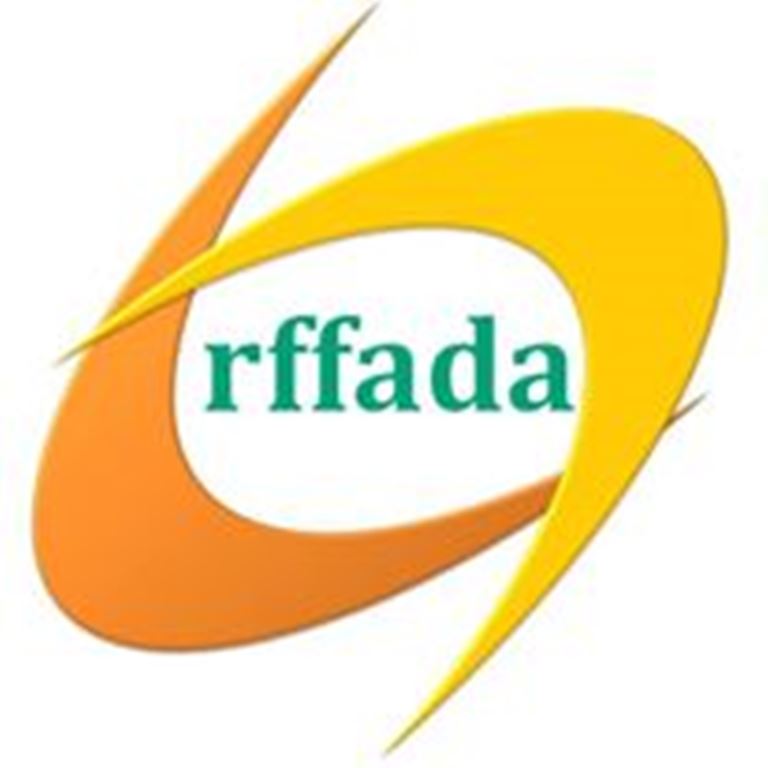DIFFICULTIES ACROSS THE LIFESPAN
- Memory
- Storing and retrieving information
- Inconsistent performance
- Impulsivity, distractibility, disorganization
- Predicting outcomes or understanding consequences
- Abstract thinking – mathematics, money, time
- Cognitive processing – thinking which is slowed
- Slower auditory pace (may only pick up segments of the information or instruction)
- Developmental age younger than chronological age
1st STRUCTURE AND ROUTINE
As a team, work out these two together. Don’t vary. Stick to it regardless of any influence – child or environment.
2nd MANAGING CHANGE
Children living with FASD do not always manage change. What can be predicted?
3rd OBSERVATION & RECORDING
Try objective case recording, i.e. what happened immediately before a situation occurred. How are meal times? Is there perseveration, what others might call fixation on a routine, clothing…
4th MEMORY
How does the child manage instructions/directions? Keep these simple and use clear language.
5th THE CHILD IS UNIQUE.
Carers are often referred to as the external brain and need to fill gaps. This is dependent on the child’s difficulties and skills which will vary child to child.
6th CONSIDER UNEVEN DEVELOPMENT
- Actual age of person: 10
- Developmental age: 5
- Strengths (art, sport): 10
- Expressive language: 8
- Receptive language: 3
- Reading: 5
- Comprehension: 4
7th LEARNING STRENGTHS
- Relational: works best one to one
- Visual – draw maps to link ideas, instructions, routine
- Auditory – music soothes
- Hands-on experience – participate by doing
- Kinesthetic – see, touch, move – sport, dance
- Multimodal – all of the above
8th CARING IMPACT ON THE LIFESPAN IS NOW
9th IDENTIFY TRAUMA – ASK WHAT IF
Difficulties in memory does not mean emotional, psychological or physical absence of:
- Intrusive reactions – thoughts, dreams, flashbacks, obsessive thoughts, physiological reactions, persistent re-experiencing of event
- Avoidant reactions – numbing in responsiveness and avoidance of anything related to trauma event/s
- Hyper-arousal – hypervigilance, poor concentration
10th CARER SELF-MANAGEMENT BECAUSE YOU MATTER
- Take a deep breath and depersonalise.
- Remember! Behaviour = Communication
- Ask yourself: What if?
- What are the child’s abilities?
- Ask yourself: What does the child’s brain need to be able to do to manage the situation?
- Ask: Are my expectations beyond the child’s actual abilities?
- Prevent or resolve.
- Find family/group agreed strategies that change the environment and/ or modify the expectations.

